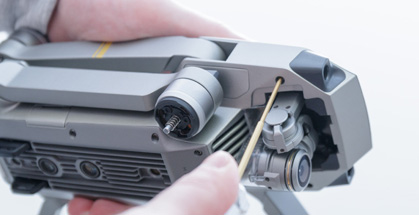
Compatible Dji Mavic Air 2 Drone Imu Module Pièces de réparation Pièces détachées Pièces de rechange Compatible Dji Mavic Air 2 Accessoires-o | Fruugo FR

RC Drone Réparation Plat Ruban Entretien Signal Câble Accessoire Pièces De Rechange Adapté pour DJI Mavic Mini Drone : Amazon.fr: Jeux et Jouets

HAWEWE Commutateur de Commande de Lancement de pièces de réparation de Drone de Protection des Plantes for Moteur DJI T10 : Amazon.fr: Jeux et Jouets













![GETUP Mobile - [𝗥𝗘́𝗣𝗔𝗥𝗔𝗧𝗜𝗢𝗡 𝗗𝗥𝗢𝗡𝗘 𝗗𝗝𝗜 𝗚𝗥𝗔𝗡𝗗 𝗣𝗨𝗕𝗟𝗜𝗖] Un... | Facebook GETUP Mobile - [𝗥𝗘́𝗣𝗔𝗥𝗔𝗧𝗜𝗢𝗡 𝗗𝗥𝗢𝗡𝗘 𝗗𝗝𝗜 𝗚𝗥𝗔𝗡𝗗 𝗣𝗨𝗕𝗟𝗜𝗖] Un... | Facebook](https://lookaside.fbsbx.com/lookaside/crawler/media/?media_id=622632025086844)







